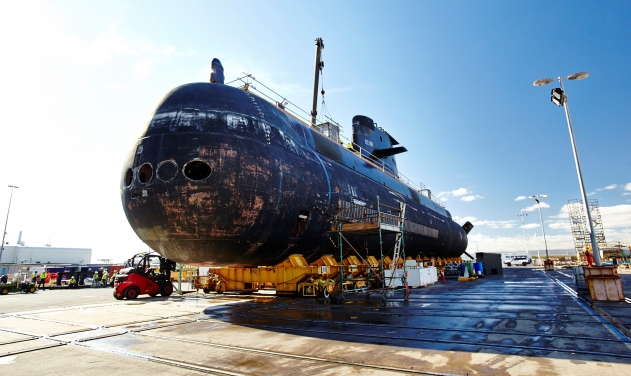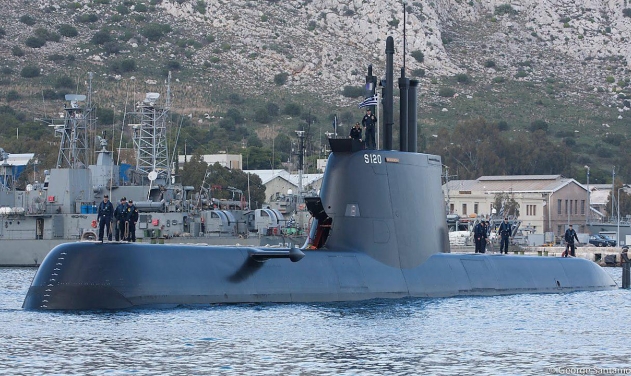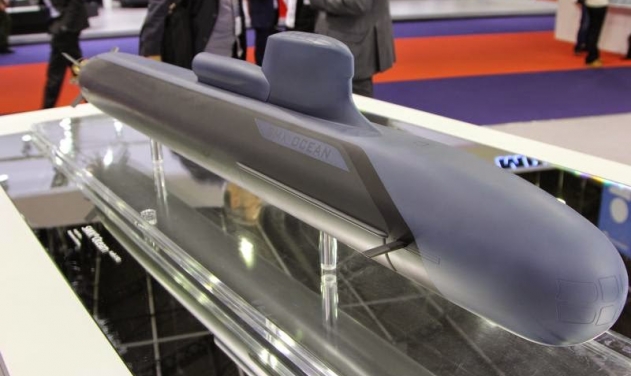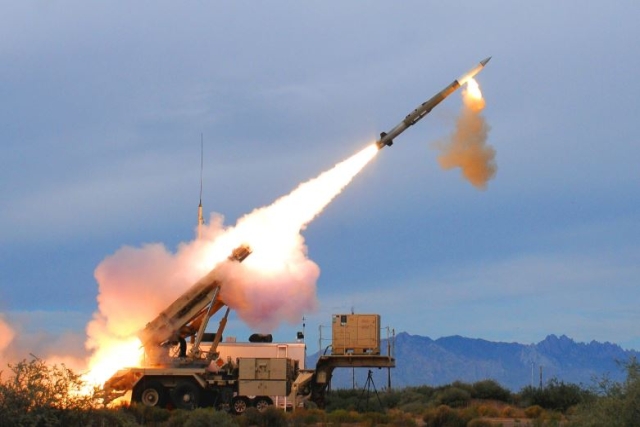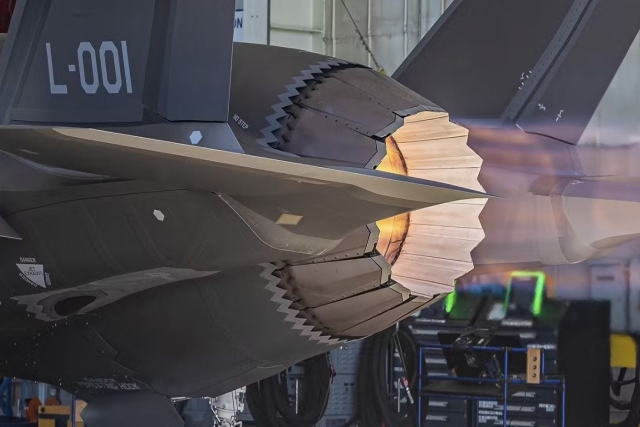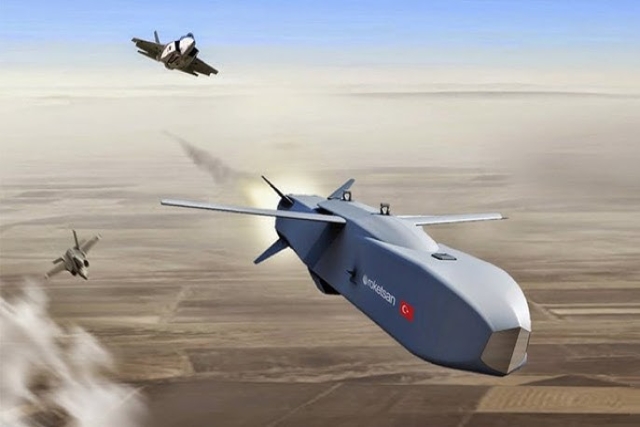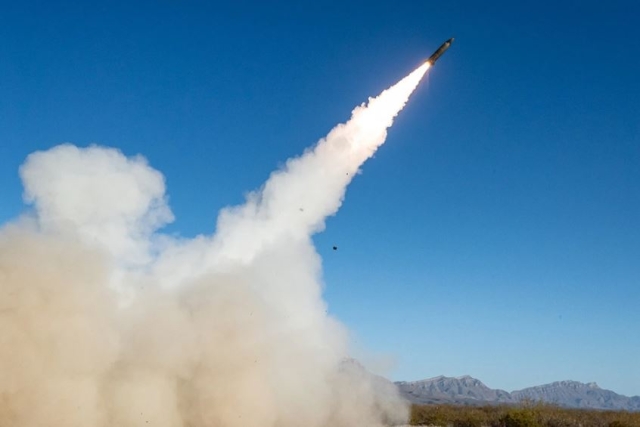DCNS Wins $50 Billion Australian Submarine Contract Beating Japanese, German Proposals
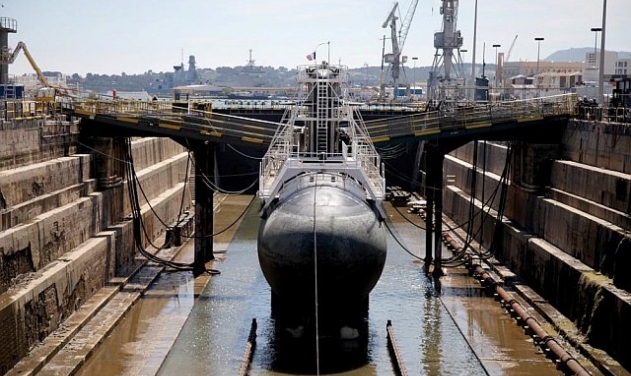
Australia’s new fleet of 12 submarines will be built by DCNS of France in South Australia
Australia will get to possess the new Barracuda-class submarines which will be built to Australian specifications for a conventional, non-nuclear powered submarine in 8-10 years from the signing of the contract.
Germany’s ThyssenKrupp Marine Systems (TKMS) and the government of Japan were the two unsuccessful bidders in the bid to build 12 submarines to replace Australia’s Collins-class submarines.
Japanese defence minister Gen Nakatani said the decision was “deeply regrettable” and that his government will ask Australia to explain why they didn’t pick our design.”
The submarines will cost $20bn to build and $30bn to maintain over their expected lifetime of 30 years.
Australian Prime Minister Turnbull said the submarine contract would “secure Australia, secure our island nation, but also ensure that our economy transitions to the economy of the 21st century”. The submarine project alone would create 2,800 jobs, he said.
Some components may come from France while the combat system will be sourced from the US.
Turbull announced that the cost implications of building some of the vessels overseas relative to the completely local build were “comprehensively examined”. Nevertheless, he said the government was committed to the principle that “every dollar we spend on defence procurement as far as possible should be spent in Australia”.
Explaining why the French offer triumphed, Turnbull said “the recommendation of our competitive evaluation process was unequivocal, that the French offer represented the capabilities best able to meet Australia’s unique needs.”
Industry minister Chris Pyne said the announcement secures Osborne in South Australia as the centre of the defence industry for naval ship building into the future. “This of course means a continuous naval shipbuilding industry for decades into the future which all first world countries should aspire to.”
While several Australian commentators claimed that the Japanese represented the best technology including a lithium-ion battery system which would allow the subs to remain underwater longer than the air-independent propulsion technology of DCNS.
DCNS chief executive, Sean Costello has been quoted as saying that while exact details remain confidential, the Shortfin Barracuda is over 90 metres in length and displaces more than 4,000 tonnes when dived.
“The Shortfin Barracuda will remain in service until the 2060s and will be updated and upgraded with new technology developed in france and Australia,” he said.

